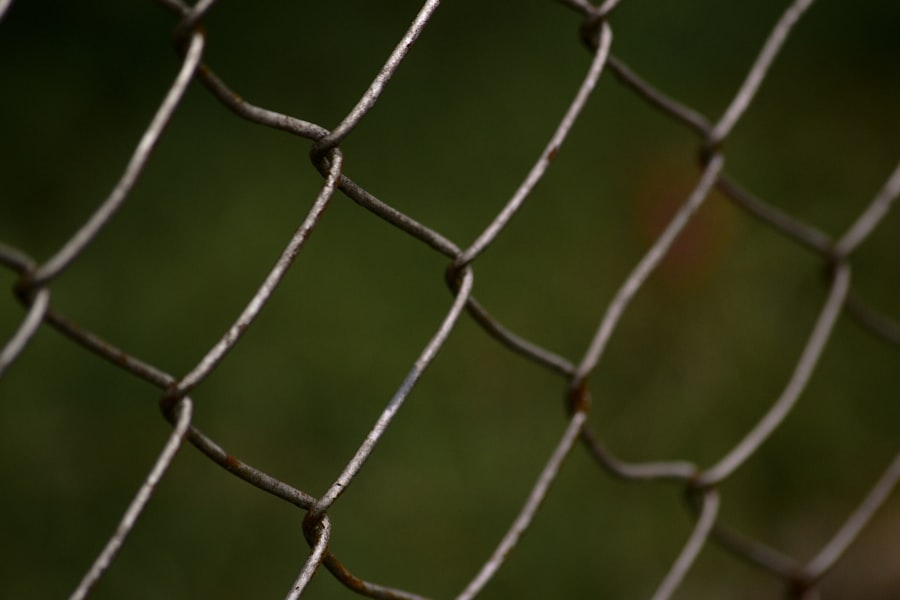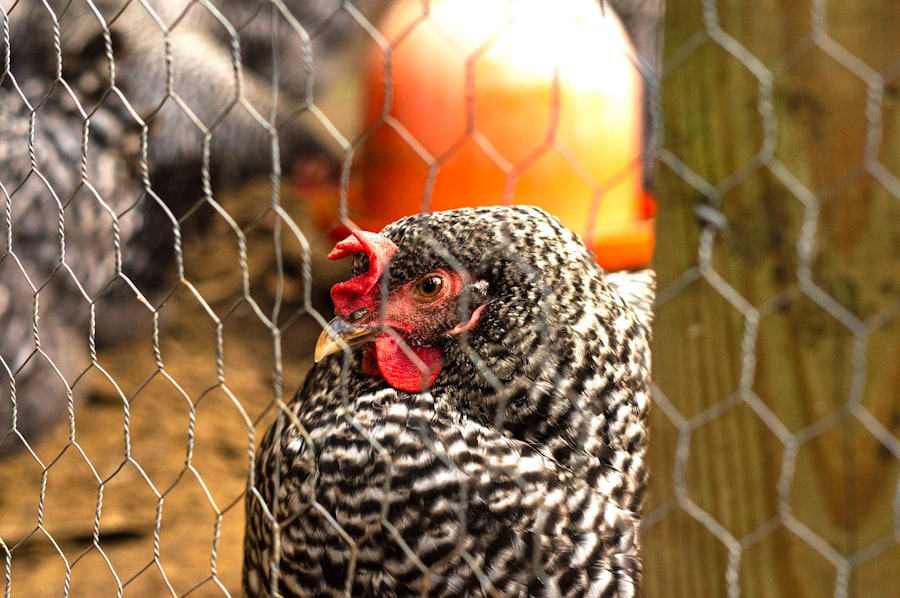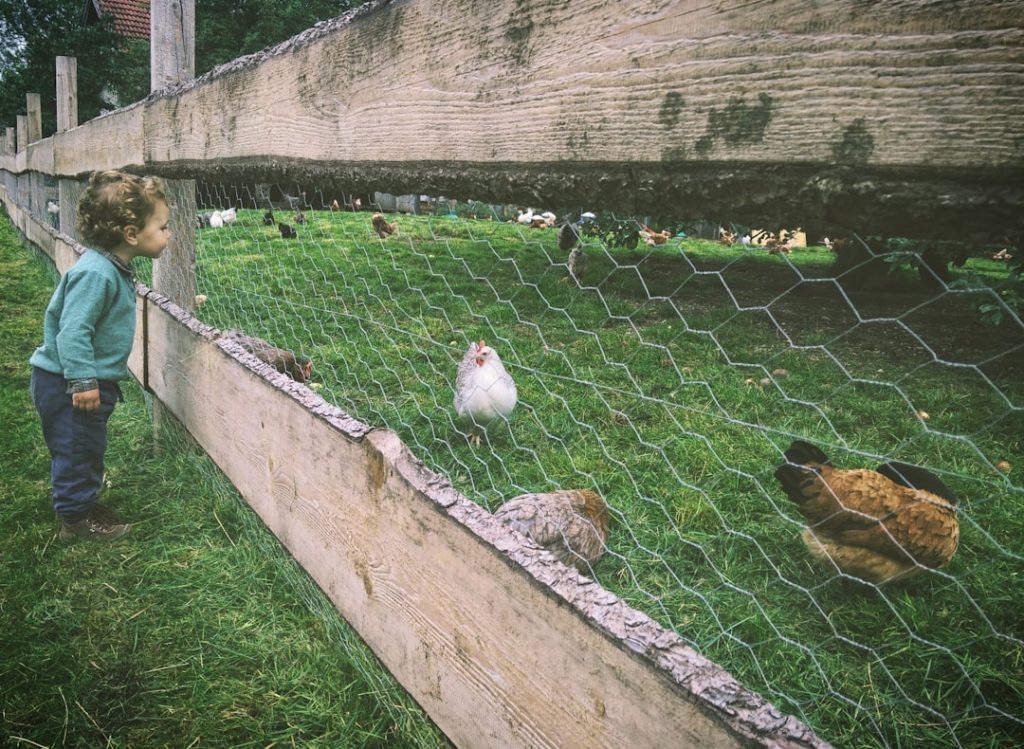Maintaining a garden while keeping chickens can present challenges for backyard enthusiasts. Chickens offer benefits such as pest control and natural fertilization, but they may also damage plants and soil if allowed unrestricted access to garden areas. Effective strategies to prevent chickens from entering the garden while permitting them to roam elsewhere in the yard include physical barriers, natural deterrents, scare tactics, proper coop and run management, and training techniques.
Implementing these methods can help gardeners balance their gardening interests with chicken-keeping activities. Chickens are inquisitive and opportunistic by nature, often exploring gardens in search of insects, worms, and tender vegetation. This behavior can result in crop damage and gardener frustration.
However, by understanding chicken behavior and employing appropriate preventive measures, it is possible to keep chickens out of the garden without resorting to extreme methods. Successful implementation of these strategies can foster a harmonious relationship between chickens and garden spaces.
Table of Contents
- 1 Creating physical barriers to deter chickens
- 2 Implementing natural deterrents to keep chickens away
- 3 Utilizing scare tactics to discourage chickens from entering the garden
- 4 Properly managing and securing chicken coop and run
- 5 Training chickens to stay out of the garden
- 6 Conclusion and final tips for keeping chickens out of the garden
- 7 FAQs
- 7.1 What are some effective ways to keep chickens out of the garden?
- 7.2 What is the cheapest way to keep chickens out of the garden?
- 7.3 Are there any DIY methods to keep chickens out of the garden?
- 7.4 What are some natural deterrents to keep chickens out of the garden?
- 7.5 How can I create a barrier to keep chickens out of the garden?
Key Takeaways
- Introduction to keeping chickens out of the garden:
- Chickens can cause damage to gardens by scratching, pecking, and eating plants.
- It is important to implement strategies to keep chickens out of the garden to protect plants and maintain a tidy space.
- Creating physical barriers to deter chickens:
- Install fencing around the garden area to prevent chickens from entering.
- Use chicken wire or hardware cloth to create a barrier that chickens cannot easily pass through.
- Implementing natural deterrents to keep chickens away:
- Planting thorny or prickly plants around the garden can deter chickens from entering.
- Sprinkling cayenne pepper or garlic powder around the garden can also discourage chickens from coming near.
- Utilizing scare tactics to discourage chickens from entering the garden:
- Use scarecrows, reflective objects, or noise-making devices to startle chickens and keep them away from the garden.
- Motion-activated sprinklers can also be effective in deterring chickens from entering the garden.
- Properly managing and securing chicken coop and run:
- Ensure that the chicken coop and run are secure and properly maintained to prevent chickens from escaping and entering the garden.
- Regularly inspect and repair any potential entry points for chickens to access the garden area.
- Training chickens to stay out of the garden:
- Use positive reinforcement and rewards to train chickens to stay away from the garden.
- Consistently redirect chickens away from the garden and provide alternative areas for foraging and exploring.
- Conclusion and final tips for keeping chickens out of the garden:
- Consistency is key in implementing strategies to keep chickens out of the garden.
- Regularly assess and adjust deterrent methods to effectively keep chickens away from the garden.
Creating physical barriers to deter chickens
Physical Barriers: The First Line of Defense
One of the most effective ways to keep chickens out of the garden is by creating physical barriers that prevent them from accessing the area. This can be achieved through the use of fencing, netting, or other structures that are specifically designed to keep chickens at bay. For example, installing a sturdy fence around the perimeter of the garden can help to deter chickens from entering.
Fence Specifications: Height and Depth Matter
The fence should be tall enough to prevent the chickens from flying over it, and it should also be buried into the ground to prevent them from digging underneath it. Additionally, adding a layer of chicken wire or netting over the top of the garden can further discourage chickens from gaining access.
Raised Beds and Containers: A Chicken-Free Zone
Another option is to use raised beds or containers for growing plants in the garden. This not only helps to protect the plants from chicken damage but also makes it more difficult for chickens to reach them. Raised beds can be constructed using materials such as wood or metal, and they can be customized to fit the specific needs of the garden. By elevating the plants off the ground, gardeners can effectively keep chickens out while still enjoying a bountiful harvest.
Implementing natural deterrents to keep chickens away

In addition to physical barriers, natural deterrents can also be used to keep chickens out of the garden. Chickens have a strong sense of smell, and there are certain scents that they find unpleasant and will avoid. For example, scattering citrus peels or spraying citrus-based essential oils around the perimeter of the garden can help to deter chickens from entering.
Other natural deterrents include using strong-smelling herbs such as lavender, mint, or rosemary, which can be planted around the garden or used to create a border that chickens are less likely to cross. Another natural deterrent that can be effective in keeping chickens out of the garden is the use of predator decoys. Placing decoys such as fake owls or hawks in and around the garden can create the illusion of a predator presence, which can scare off chickens.
Additionally, allowing natural predators such as cats or dogs to roam near the garden can also help to keep chickens at bay. These natural deterrents work by tapping into the instinctual fear that chickens have of potential predators, making them less likely to venture into the garden.
Utilizing scare tactics to discourage chickens from entering the garden
Scare tactics can be an effective way to discourage chickens from entering the garden. There are various methods that can be used to startle and deter chickens without causing them harm. One common scare tactic is the use of noise-making devices such as wind chimes, bells, or even a radio set to a talk station.
The sudden and unexpected sounds can startle chickens and make them less inclined to enter the garden. Another option is to use motion-activated sprinklers that release a burst of water when they detect movement. This not only startles the chickens but also creates an unpleasant experience that they will want to avoid in the future.
Visual deterrents can also be effective in keeping chickens out of the garden. For example, hanging shiny objects such as aluminum foil strips or old CDs around the perimeter of the garden can create reflections and movements that deter chickens. Additionally, using scarecrows or other visual deterrents that mimic predators can help to keep chickens away.
These tactics work by creating an environment that is unpredictable and potentially dangerous for chickens, making them less likely to venture into the garden.
Properly managing and securing chicken coop and run
Proper management and securing of the chicken coop and run are essential for keeping chickens out of the garden. Ensuring that the chickens have a comfortable and secure living space will reduce their desire to roam into other areas of the yard, including the garden. This can be achieved by regularly cleaning and maintaining the coop and run, providing ample space for the chickens to roam and exercise, and ensuring that they have access to food, water, and shelter at all times.
Securing the chicken coop and run with proper fencing and netting is also crucial in preventing chickens from wandering into the garden. The fencing should be tall enough to prevent the chickens from flying over it, and it should be buried into the ground to prevent them from digging underneath it. Additionally, adding a cover or netting over the top of the run can further discourage chickens from escaping.
Regularly inspecting and repairing any damaged or weak areas in the fencing or netting will help to maintain its effectiveness in keeping chickens contained.
Training chickens to stay out of the garden

Creating a Designated Foraging Area
Chickens are intelligent animals that can be trained through positive reinforcement techniques. One effective method is to create a designated foraging area for the chickens away from the garden and reward them with treats when they stay within this area. By consistently reinforcing this behavior, chickens can learn that they will be rewarded for staying out of the garden.
Using Verbal Commands and Physical Barriers
Another training method is to use verbal commands and physical barriers to guide the chickens away from the garden. For example, using a verbal cue such as “stay” or “back” when approaching the garden can help to communicate boundaries to the chickens.
Temporary Physical Barriers
Additionally, using temporary physical barriers such as movable fencing or chicken wire can be used to block off access points to the garden until the chickens learn to stay away on their own. This approach can be particularly effective in combination with verbal commands and designated foraging areas.
Conclusion and final tips for keeping chickens out of the garden
In conclusion, keeping chickens out of the garden requires a combination of strategies that address their natural behaviors and instincts. By creating physical barriers, implementing natural deterrents, utilizing scare tactics, properly managing the chicken coop and run, and training the chickens, gardeners can effectively keep their feathered friends out of their prized plants and vegetables. It’s important to remember that while it may take some trial and error to find what works best for each individual situation, with patience and persistence, it is possible to maintain a harmonious balance between raising chickens and tending to a flourishing garden.
Some final tips for keeping chickens out of the garden include regularly inspecting and maintaining physical barriers such as fencing and netting, rotating natural deterrents to prevent habituation in chickens, and consistently reinforcing positive behaviors through training. Additionally, providing ample enrichment and foraging opportunities within designated areas away from the garden will help to keep chickens occupied and less inclined to seek out food sources within the garden. By taking a proactive approach and implementing these strategies, gardeners can enjoy both their thriving gardens and their delightful flock of chickens without conflict or frustration.
If you’re looking for the cheapest way to keep chickens out of your garden, you may also be interested in learning about the Producers Pride Sentinel Chicken Coop. This coop is designed to keep your chickens safe and secure while also protecting your garden from their foraging. Check out this article to learn more about this innovative solution.
FAQs
What are some effective ways to keep chickens out of the garden?
Some effective ways to keep chickens out of the garden include using physical barriers such as fences or chicken wire, using natural deterrents like plants with strong scents or prickly textures, and providing alternative areas for the chickens to forage.
What is the cheapest way to keep chickens out of the garden?
The cheapest way to keep chickens out of the garden is to use simple and cost-effective methods such as creating a barrier with chicken wire or using natural deterrents like planting thorny bushes or using strong-smelling herbs.
Are there any DIY methods to keep chickens out of the garden?
Yes, there are several DIY methods to keep chickens out of the garden, such as building a simple fence using chicken wire, creating a barrier with PVC pipes and netting, or using homemade natural deterrents like garlic spray or cayenne pepper.
What are some natural deterrents to keep chickens out of the garden?
Some natural deterrents to keep chickens out of the garden include planting thorny bushes or shrubs, using strong-smelling herbs like lavender or mint, and creating a barrier with prickly textures such as rosemary or holly branches.
How can I create a barrier to keep chickens out of the garden?
You can create a barrier to keep chickens out of the garden by using materials such as chicken wire, PVC pipes and netting, or wooden stakes and mesh. It’s important to ensure that the barrier is tall enough and securely installed to prevent the chickens from getting through.
Meet Walter, the feathered-friend fanatic of Florida! Nestled in the sunshine state, Walter struts through life with his feathered companions, clucking his way to happiness. With a coop that’s fancier than a five-star hotel, he’s the Don Juan of the chicken world. When he’s not teaching his hens to do the cha-cha, you’ll find him in a heated debate with his prized rooster, Sir Clucks-a-Lot. Walter’s poultry passion is no yolk; he’s the sunny-side-up guy you never knew you needed in your flock of friends!







